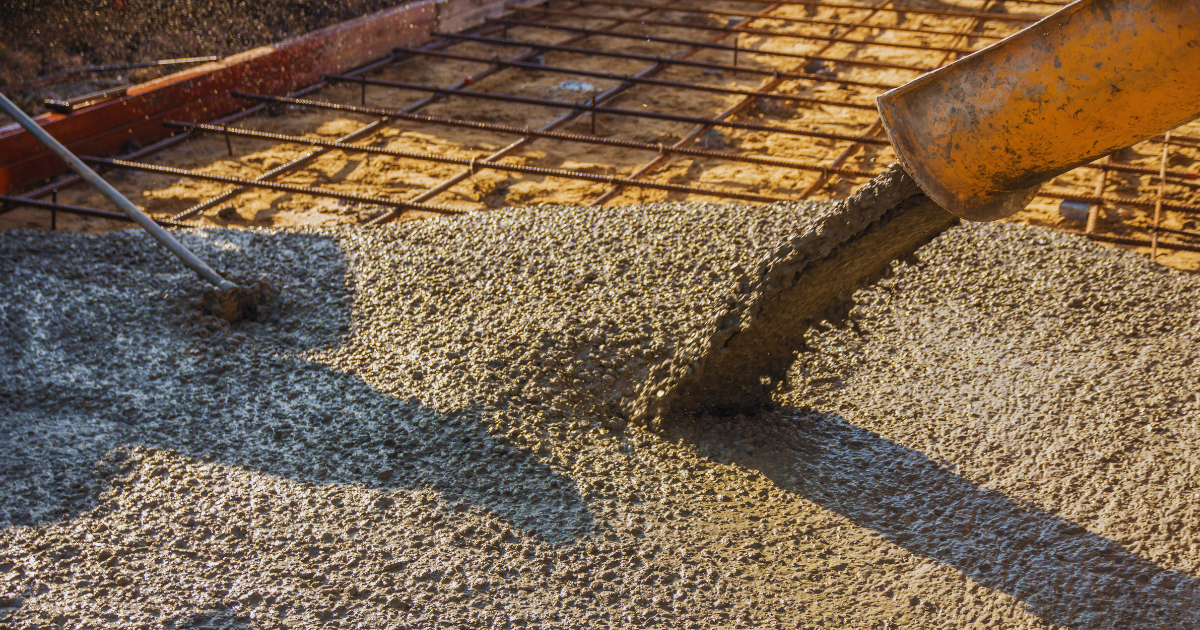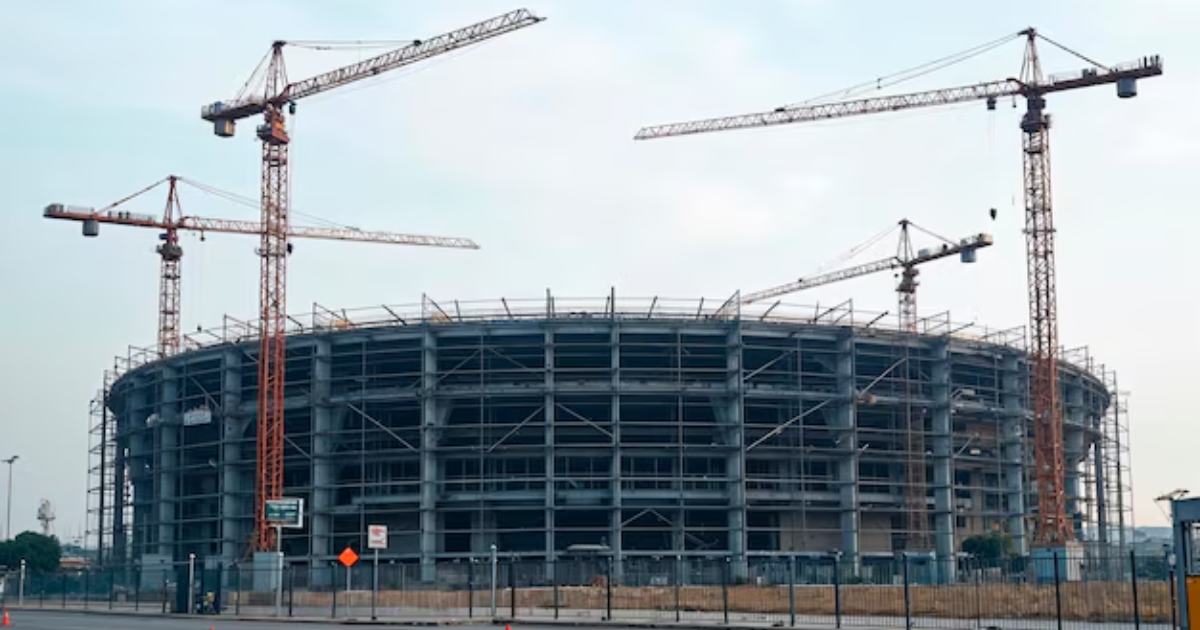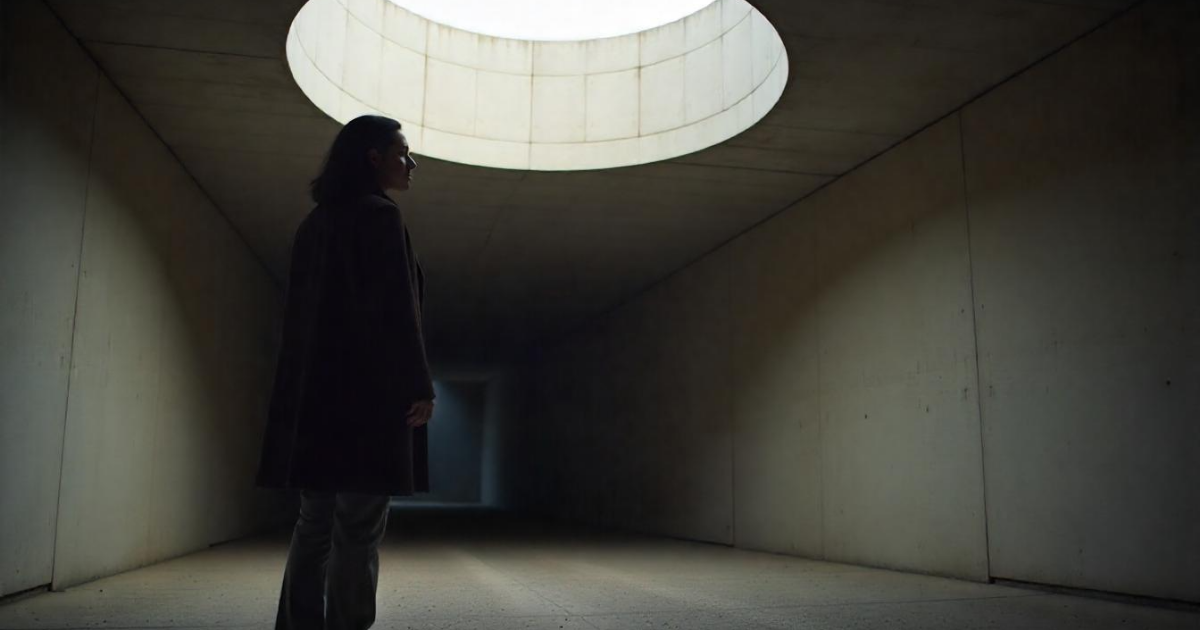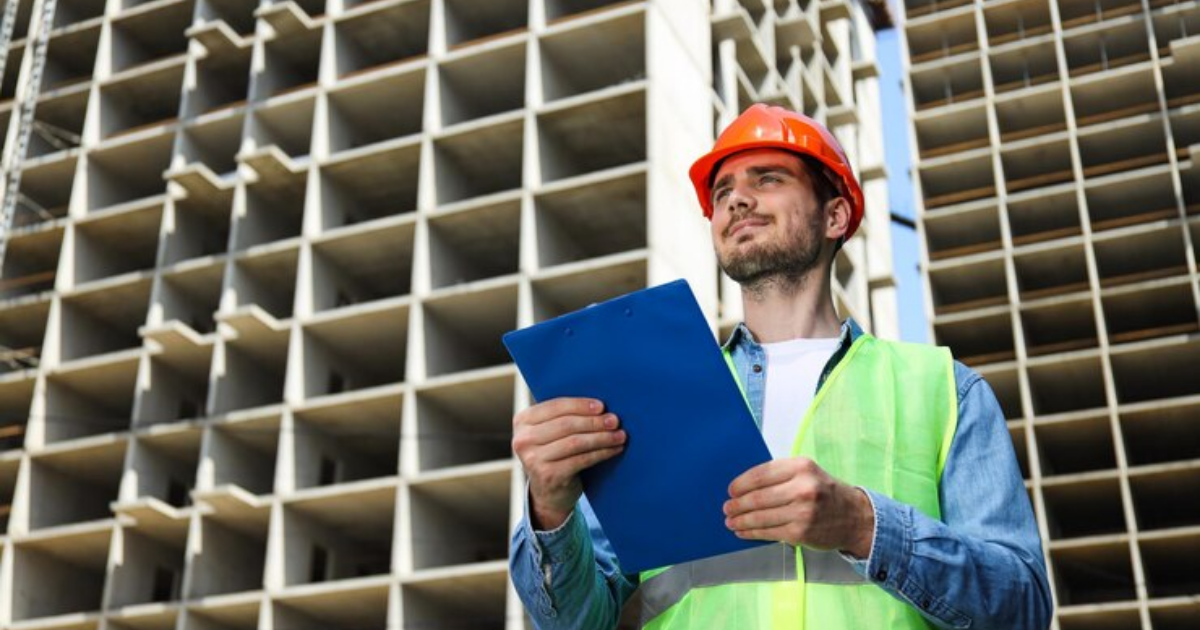Concrete is one of the most widely used construction materials in the world, known for its durability, versatility, and cost-effectiveness. However, as technology and architectural demands evolve, so does the need for specialized forms of concrete. This comprehensive guide will delve into the question: what is special concrete? We will explore the different types, their unique properties, and the applications that make special concrete indispensable in modern construction.
What Is Special Concrete?
To answer the question “What is special concrete?”, it is essential to understand that special concrete encompasses a broad range of concrete types tailored for specific uses and performance criteria. Unlike conventional concrete, which is typically composed of cement, water, and aggregates, special concrete includes additional materials or techniques to enhance its properties for particular applications.
Types of Special Concrete
High-Performance Concrete (HPC)
High-Performance Concrete (HPC) is designed to provide superior performance in terms of strength, durability, and resistance to environmental factors. HPC typically has a higher compressive strength than traditional concrete, often exceeding 10,000 psi. The key ingredients include supplementary cementitious materials (SCMs) like fly ash, silica fume, and slag cement, which improve the concrete’s properties.
Self-Compacting Concrete (SCC)
Self-Compacting Concrete (SCC) is engineered to flow and settle into place without the need for mechanical vibration. This type of concrete is particularly useful in complex forms or densely reinforced structures where traditional concrete would be difficult to place. The high fluidity of SCC is achieved through the use of superplasticizers and viscosity-modifying agents.
Lightweight Concrete
Lightweight concrete is characterized by its lower density compared to conventional concrete. This is achieved by using lightweight aggregates such as expanded clay, shale, or slate, or by incorporating air entrainment. Lightweight concrete is often used in applications where reducing the overall weight of the structure is essential, such as in high-rise buildings or long-span bridges.
Fiber-reinforced concrete (FRC)
Fiber-reinforced concrete (FRC) incorporates fibers—such as steel, glass, synthetic, or natural fibers—into the concrete mix. These fibers improve the tensile strength, crack resistance, and durability of the concrete. FRC is commonly used in applications requiring enhanced toughness and durability, such as industrial floors, pavements, and precast concrete products.
High-Density Concrete
High-density concrete is made using heavy natural aggregates such as barite, magnetite, or hematite, or synthetic aggregates like steel or iron shot. This type of concrete is primarily used in applications requiring radiation shielding, such as in nuclear power plants, medical facilities, and laboratories.
Pervious Concrete
Pervious concrete, also known as porous or permeable concrete, is designed to allow water to pass through it, reducing runoff and promoting groundwater recharge. It is made by omitting fine aggregates, resulting in a highly porous structure. Pervious concrete is ideal for sustainable construction practices, such as in parking lots, sidewalks, and other pavements where water drainage is a concern.
Polymer Concrete
Polymer concrete uses polymer resins as a binder instead of traditional cement. This type of concrete offers excellent resistance to chemicals, corrosion, and abrasion, making it suitable for industrial and infrastructure applications where these properties are critical. Polymer concrete is often used in repair and maintenance projects, precast components, and specialized infrastructure.
Applications of Special Concrete
Understanding what is special concrete involves looking at its diverse applications across various industries. Special concrete types are tailored to meet specific performance criteria, making them suitable for a wide range of applications:
Construction of High-Rise Buildings
High-performance concrete (HPC) and lightweight concrete are often used in high-rise construction to provide the necessary strength while minimizing the overall weight of the structure. SCC is also favored for its ease of placement in densely reinforced sections.
Infrastructure Projects
Bridges, dams, and tunnels often utilize special concrete types like high-density concrete for radiation shielding or fiber-reinforced concrete (FRC) for enhanced durability and load-bearing capacity.
Industrial Flooring
Industrial floors are subjected to heavy loads, abrasion, and chemical exposure. Fiber-reinforced concrete (FRC) and polymer concrete are commonly used in these settings to ensure long-lasting performance and minimal maintenance.
Environmental and Sustainable Construction
Pervious concrete is a popular choice for environmentally sustainable construction projects. Its ability to reduce stormwater runoff and promote groundwater recharge makes it ideal for urban infrastructure such as sidewalks, parking lots, and driveways.
Repair and Maintenance
Polymer concrete is frequently used for the repair and maintenance of existing structures due to its superior bonding properties and resistance to harsh environmental conditions.
Benefits of Special Concrete
The benefits of using special concrete in construction projects are numerous, addressing specific challenges and requirements:
Enhanced Durability
Special concrete types such as HPC and FRC offer superior durability, reducing the frequency and cost of repairs and maintenance.
Improved Workability
Self-compacting concrete (SCC) improves workability, especially in complex structures with dense reinforcement, reducing labor costs and time.
Weight Reduction
Lightweight concrete helps reduce the overall weight of structures, which is particularly beneficial in high-rise buildings and long-span bridges, contributing to structural efficiency and cost savings.
Environmental Benefits
Pervious concrete promotes sustainable construction practices by managing stormwater runoff and reducing the heat island effect in urban areas.
Chemical and Abrasion Resistance
Polymer concrete provides exceptional resistance to chemicals and abrasion, making it ideal for industrial applications and extending the lifespan of structures exposed to harsh conditions.
Challenges and Considerations
While special concrete offers many advantages, there are also challenges and considerations to keep in mind:
Cost
Special concrete types can be more expensive than traditional concrete due to the use of specialized materials and admixtures.
Technical Expertise
The design and implementation of special concrete require technical expertise and a thorough understanding of the specific requirements and properties of each type.
Quality Control
Ensuring consistent quality and performance of special concrete necessitates rigorous quality control measures during production and placement.
Conclusion
So, what is special concrete? Special concrete refers to a variety of concrete types that are engineered to meet specific performance criteria, offering enhanced properties for unique applications. From high-rise buildings and infrastructure projects to industrial flooring and sustainable construction, special concrete plays a crucial role in addressing the evolving needs of modern construction. Understanding the different types of special concrete and their applications allows engineers, architects, and builders to select the most suitable materials for their projects, ensuring optimal performance and longevity.
This comprehensive guide has covered what is special concrete. in various contexts, emphasizing its importance in the construction industry. By leveraging the unique properties of special concrete, construction professionals can achieve greater efficiency, sustainability, and durability in their projects.







